Code
HCS14142
Weight
300 gm / 0.66 lbs
Size
Height
12cm (5") Width
8cm (3") Depth
6cm (2") Material
Copper
Availability
Available
Date Added
2017-11-21 14:46:38
Note : We used to sell this product 8 years ago so it may no longer be in our stock.
It is possible that we still have it with our suppliers but the price could be different from before.
Feel free to order. We will verify availability and inform you promptly.
It is possible that we still have it with our suppliers but the price could be different from before.
Feel free to order. We will verify availability and inform you promptly.

Safe Payment
We accept Paypal, Money Transfer, Bank Transfer
Confidence
Protection covers your purchase and personal data.
Worldwide Delivery
We ship Worldwide, except Russia.Shipping cost US$25.2 for upto 0.5 kgs

Hotline
Talk to help line for your question on 9841267335Gold Painted Face
The face of Copper Statue Of Fasting Buddha [partly Gold Plated], [painted Face] is painted with gold to enhance its significant features, particularly the eyes, and lips. This detailed painting is essential as it brings forth the crucial attributes of the expression of eyes and lips that metal carving alone cannot capture.
Moreover, the painted face serves as a symbolic and sacred ritual in Buddhism, preparing the statue for consecration and practice. The act of painting the face with gold in Buddhism holds deep meaning. It represents the intention to bring life and expression to the statue, imbuing it with a sense of vitality and presence. The application of gold on the face showcases the devotion and craftsmanship of the artisans, ensuring that every detail is carefully attended to honor the sacred essence of the Copper Statue Of Fasting Buddha [partly Gold Plated], [painted Face]. Read More . . .
The face of Copper Statue Of Fasting Buddha [partly Gold Plated], [painted Face] is painted with gold to enhance its significant features, particularly the eyes, and lips. This detailed painting is essential as it brings forth the crucial attributes of the expression of eyes and lips that metal carving alone cannot capture.
Moreover, the painted face serves as a symbolic and sacred ritual in Buddhism, preparing the statue for consecration and practice. The act of painting the face with gold in Buddhism holds deep meaning. It represents the intention to bring life and expression to the statue, imbuing it with a sense of vitality and presence. The application of gold on the face showcases the devotion and craftsmanship of the artisans, ensuring that every detail is carefully attended to honor the sacred essence of the Copper Statue Of Fasting Buddha [partly Gold Plated], [painted Face]. Read More . . .
Partly Gold plating.
This Copper Statue Of Fasting Buddha [partly Gold Plated], [painted Face] has a Partly gold-plated finish. Partly fire gold gilding, a common practice in Nepali handicrafts. This technique is skillfully employed by artisans to create intricate designs on various metal objects, including statues, jewelry, and decorative items. Through a process, a mask or resist is applied to safeguard specific areas from the gold plating. The object is then subjected to high temperatures, allowing the gold to beautifully adhere to exposed surfaces using a combination of heat and pressure.
In the realm of Buddhist statues, this technique holds additional significance as it distinguishes the golden-plated body from the oxidized or maroon-painted clothing. This visual separation conveys the contrast between the divine purity of the body and the modest attire symbolizing the humble lifestyle of Buddhist monks. The partly fire gold gilding not only adds exquisite detail and elegance but also embodies the deep cultural and spiritual meaning associated with these treasured artifacts. Read More . . .
This Copper Statue Of Fasting Buddha [partly Gold Plated], [painted Face] has a Partly gold-plated finish. Partly fire gold gilding, a common practice in Nepali handicrafts. This technique is skillfully employed by artisans to create intricate designs on various metal objects, including statues, jewelry, and decorative items. Through a process, a mask or resist is applied to safeguard specific areas from the gold plating. The object is then subjected to high temperatures, allowing the gold to beautifully adhere to exposed surfaces using a combination of heat and pressure.
In the realm of Buddhist statues, this technique holds additional significance as it distinguishes the golden-plated body from the oxidized or maroon-painted clothing. This visual separation conveys the contrast between the divine purity of the body and the modest attire symbolizing the humble lifestyle of Buddhist monks. The partly fire gold gilding not only adds exquisite detail and elegance but also embodies the deep cultural and spiritual meaning associated with these treasured artifacts. Read More . . .
Lost-Wax System
This Gold Plated Statue of Copper Statue Of Fasting Buddha [partly Gold Plated], [painted Face] is made by the process of the Lost Wax system. This is a very complicated, time consuming and historic process of making metal sculptures.Which is why it is sometimes called Precision Casting as well. Hence the sculptures made by this process are comparatively expensive. There are many new, advanced and less time consuming methods of casting metal sculptures available as well. But due to the benefits provided by the traditional lost wax system in quality control and customization, we prefer the Loss wax system over Ceramic molding, or sand casting to make our Gold Plated Statue.
Below we have tried to illustrate the process of making a loss wax system statue: Read More . . .
This Gold Plated Statue of Copper Statue Of Fasting Buddha [partly Gold Plated], [painted Face] is made by the process of the Lost Wax system. This is a very complicated, time consuming and historic process of making metal sculptures.Which is why it is sometimes called Precision Casting as well. Hence the sculptures made by this process are comparatively expensive. There are many new, advanced and less time consuming methods of casting metal sculptures available as well. But due to the benefits provided by the traditional lost wax system in quality control and customization, we prefer the Loss wax system over Ceramic molding, or sand casting to make our Gold Plated Statue.
Below we have tried to illustrate the process of making a loss wax system statue: Read More . . .
Brief Introduction :
In Buddhism, there are a variety of attitudes towards different forms of fasting. The Buddha is known to have practiced extreme forms of fasting which led to his emaciation and to have famously abandoned it before his great awakening. Nevertheless, different forms of fasting are practiced in various Buddhist traditions.
Fasting in early Buddhism and Theravada :Buddhist monastics have traditionally followed the prtimoka rules outlined in the various Vinayas, all of which state that one must not eat after the noon meal. Instead, Buddhist texts state that this time should be used for meditation or sutra chanting. Infringing on this rule is considered a pcittika offense that must be confessed. This is not considered fasting, but rather a simple and moderate way of eating that is said to improve one's meditation and health. During special religious observance days, devout lay people will also follow this rule.
The Buddha's Middle Path refers to avoiding extremes of indulgence and self-mortification on the one hand. Prior to attaining nirvana, Shakyamuni followed a strict austerity and fasting regime that was common among the sramana religions of the time, according to early Buddhist texts. These austerities, which he shared with five other ascetics, did not result in spiritual advancement but did cause him to become so emaciated that he could barely stand.
He attained awakening only after abandoning the practice of harsh asceticism, including extreme fasting, and instead focusing on the practice of meditation and jhana. As a result of this experience, the Buddha criticized the fasting practiced by Indian ascetics of his time, such as Jains, who believed that fasting burned off bad karma.
The Buddha's Middle Path refers to avoiding extremes of indulgence and self-mortification on the one hand. Prior to attaining nirvana, Shakyamuni followed a strict austerity and fasting regime that was common among the sramana religions of the time, according to early Buddhist texts. These austerities, which he shared with five other ascetics, did not result in spiritual advancement but did cause him to become so emaciated that he could barely stand.
He attained awakening only after abandoning the practice of harsh asceticism, including extreme fasting, and instead focusing on the practice of meditation and jhana. As a result of this experience, the Buddha criticized the fasting practiced by Indian ascetics of his time, such as Jains, who believed that fasting burned off bad karma.


![Copper Statue Of Fasting Buddha [partly Gold Plated], [painted Face]](https://handicraftseller.com/uploads/pics/product/thumb/2017/11/14142.jpg)
![Copper Statue Of Fasting Buddha [partly Gold Plated], [painted Face]](https://handicraftseller.com/uploads/pics/product/thumb/2017/11/14142_0.jpg)
![Copper Statue Of Fasting Buddha [partly Gold Plated], [painted Face]](https://handicraftseller.com/uploads/pics/product/thumb/2017/11/14142_1.jpg)
![Copper Statue Of Fasting Buddha [partly Gold Plated], [painted Face]](https://handicraftseller.com/uploads/pics/product/thumb/2017/11/14142_2.jpg)


























































 of Sahasrabhuja Avalokitesvara,
of Sahasrabhuja Avalokitesvara, 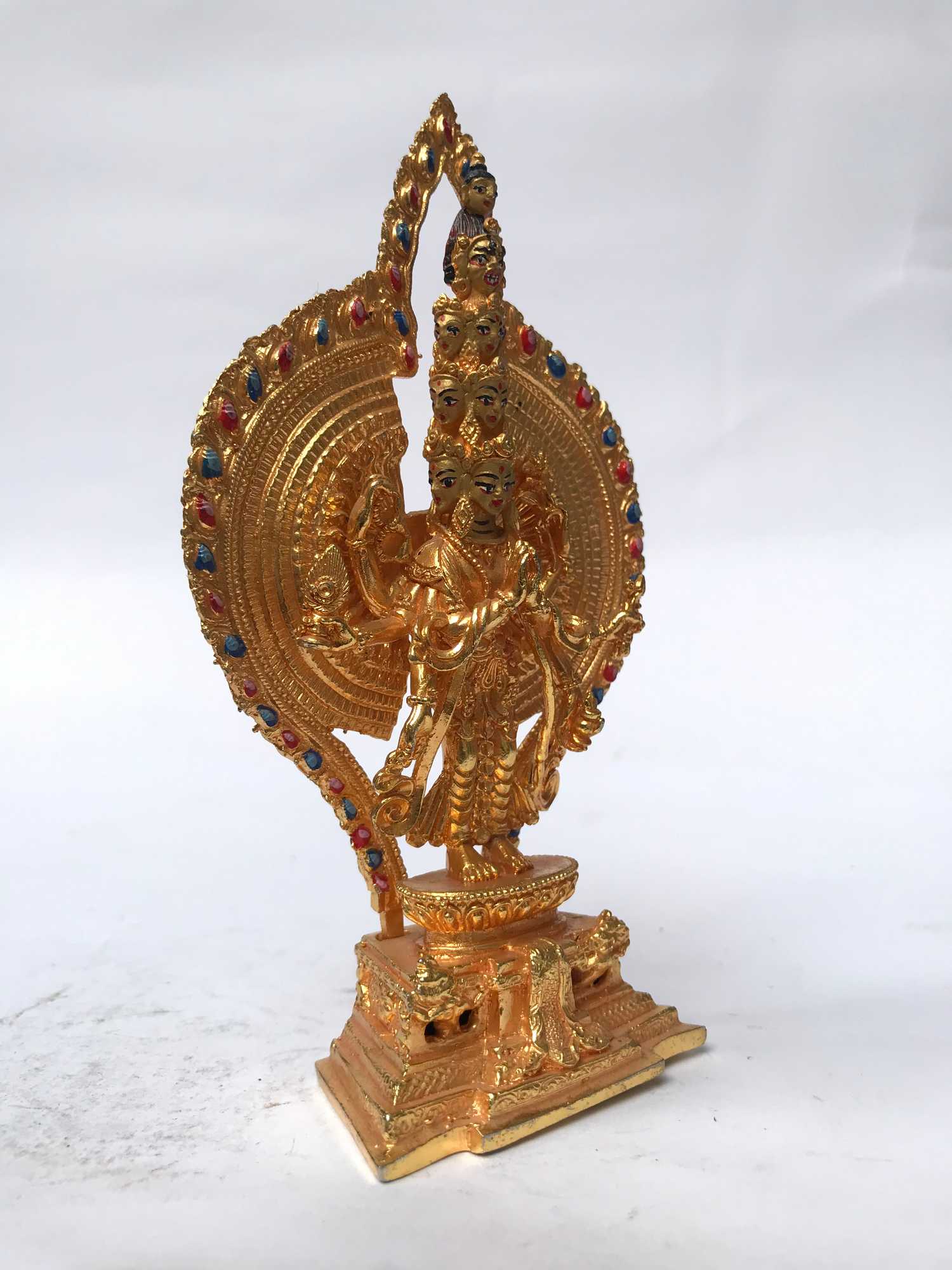 of Sahasrabhuja Avalokitesvara,
of Sahasrabhuja Avalokitesvara,  of Ratnasambhava Buddha,
of Ratnasambhava Buddha, 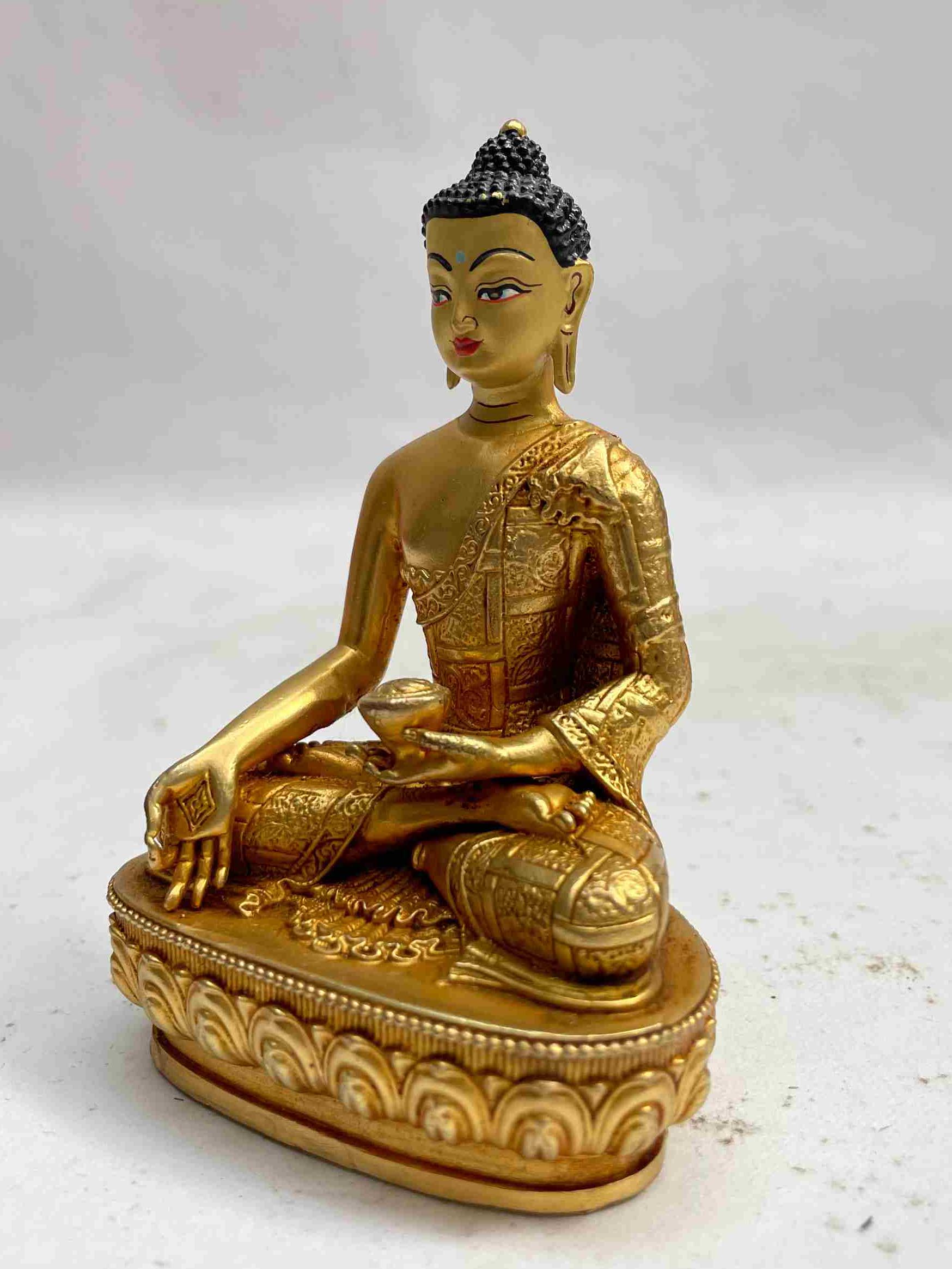 of Ratnasambhava Buddha,
of Ratnasambhava Buddha,  of, Ksitigarbha - Bodhisattva,
of, Ksitigarbha - Bodhisattva, 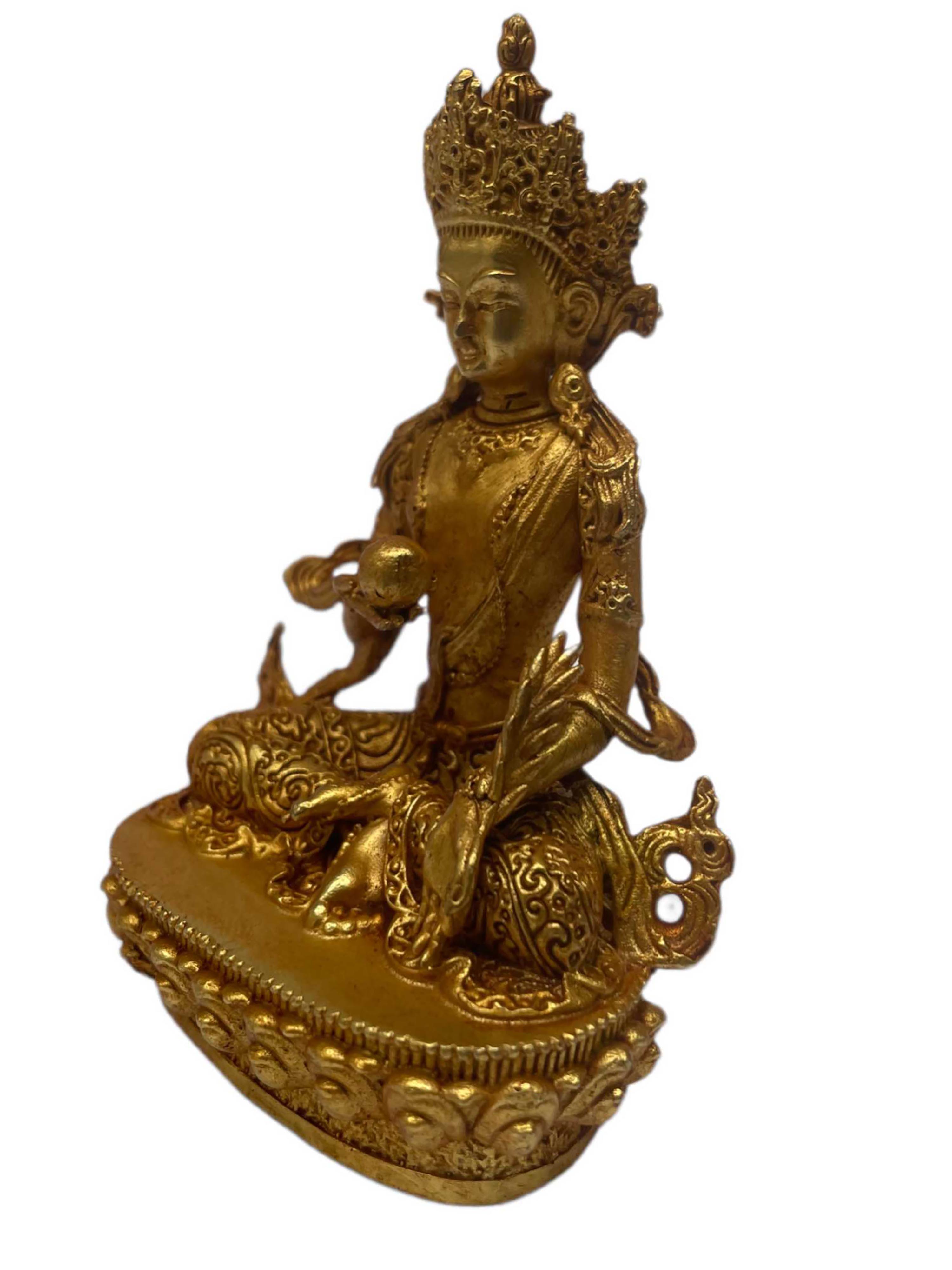 of, Ksitigarbha - Bodhisattva,
of, Ksitigarbha - Bodhisattva, 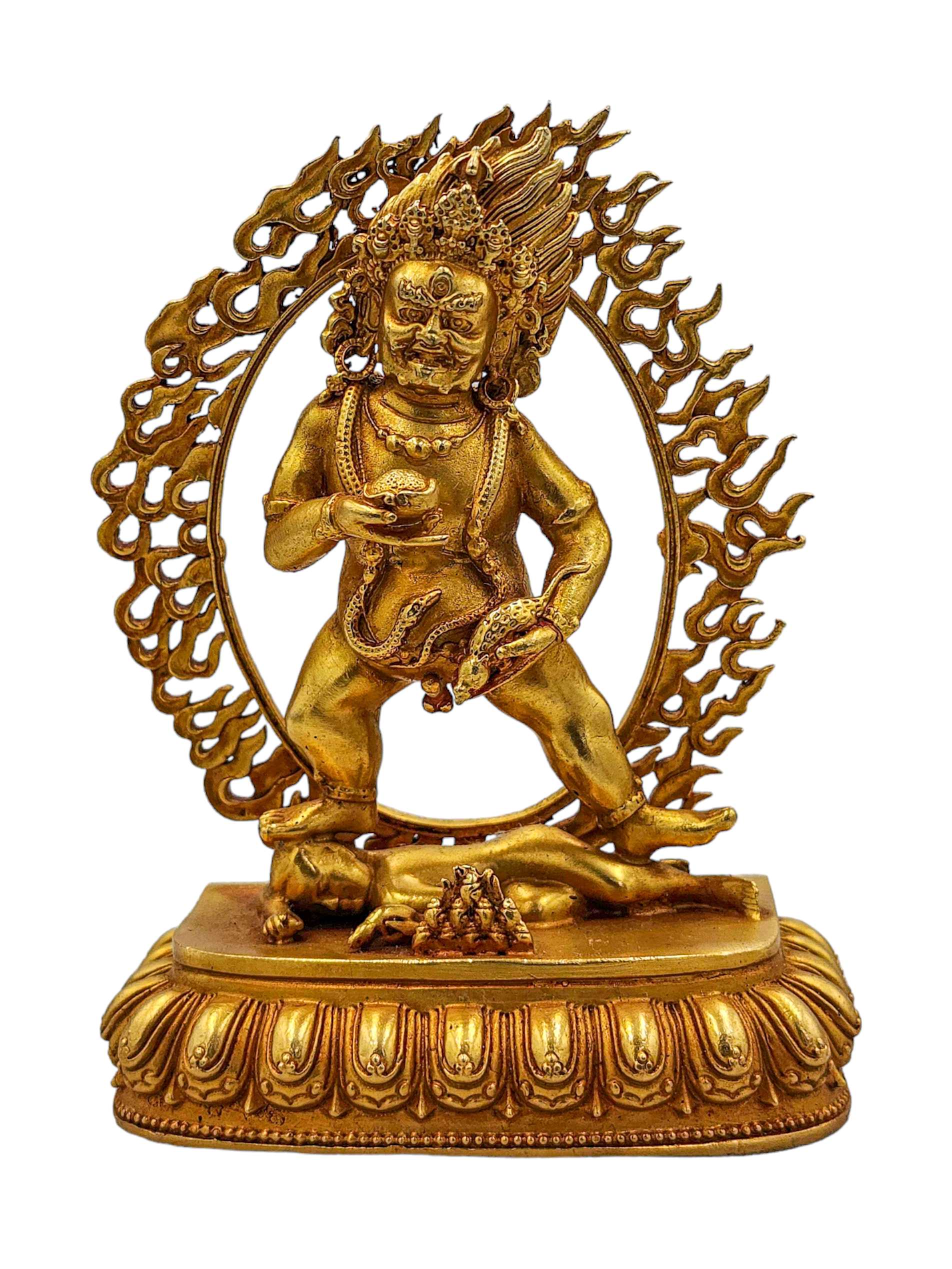 Vajrapani, Buddhist Miniature Statue,
Vajrapani, Buddhist Miniature Statue, 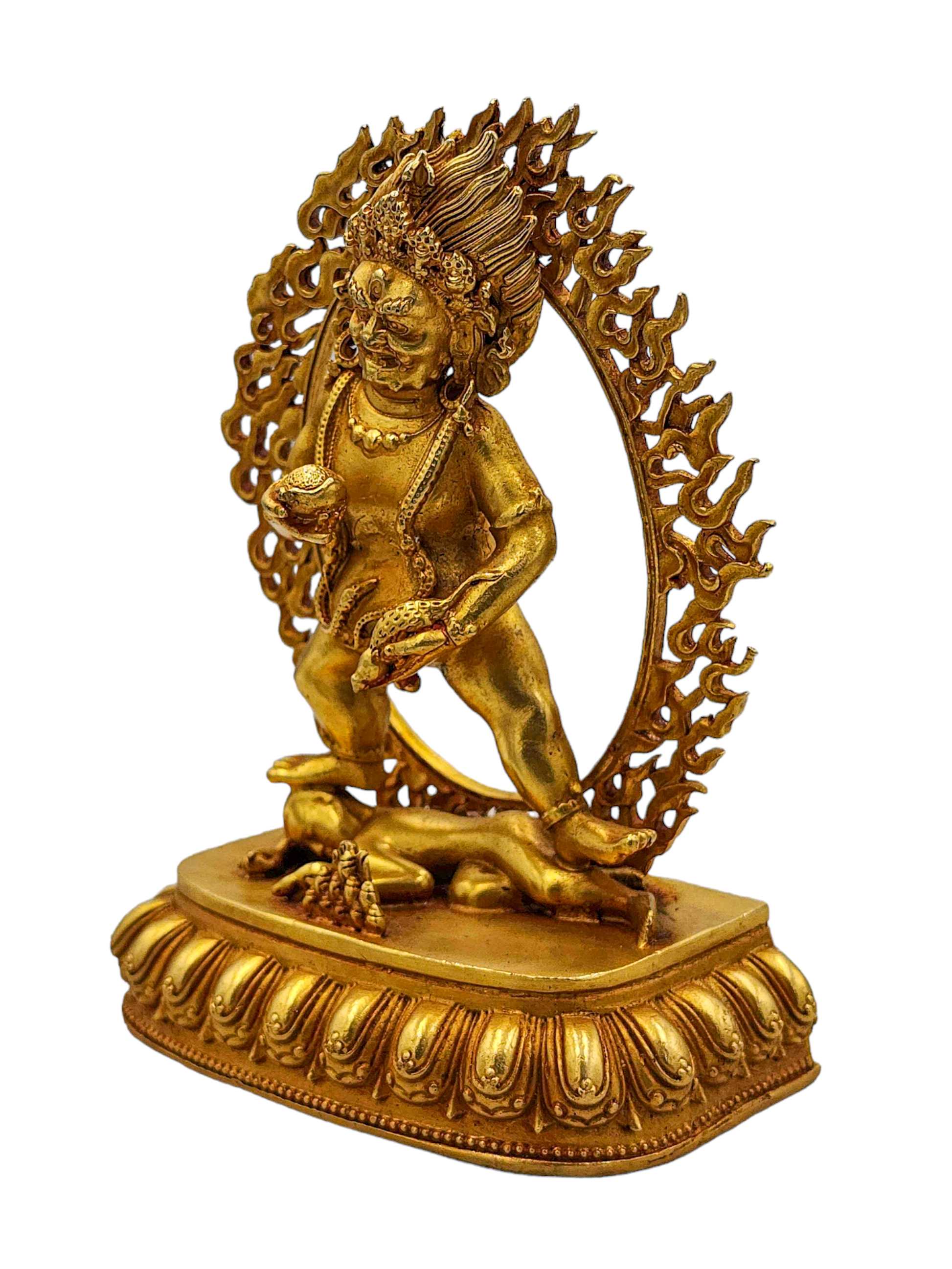 Vajrapani, Buddhist Miniature Statue,
Vajrapani, Buddhist Miniature Statue, 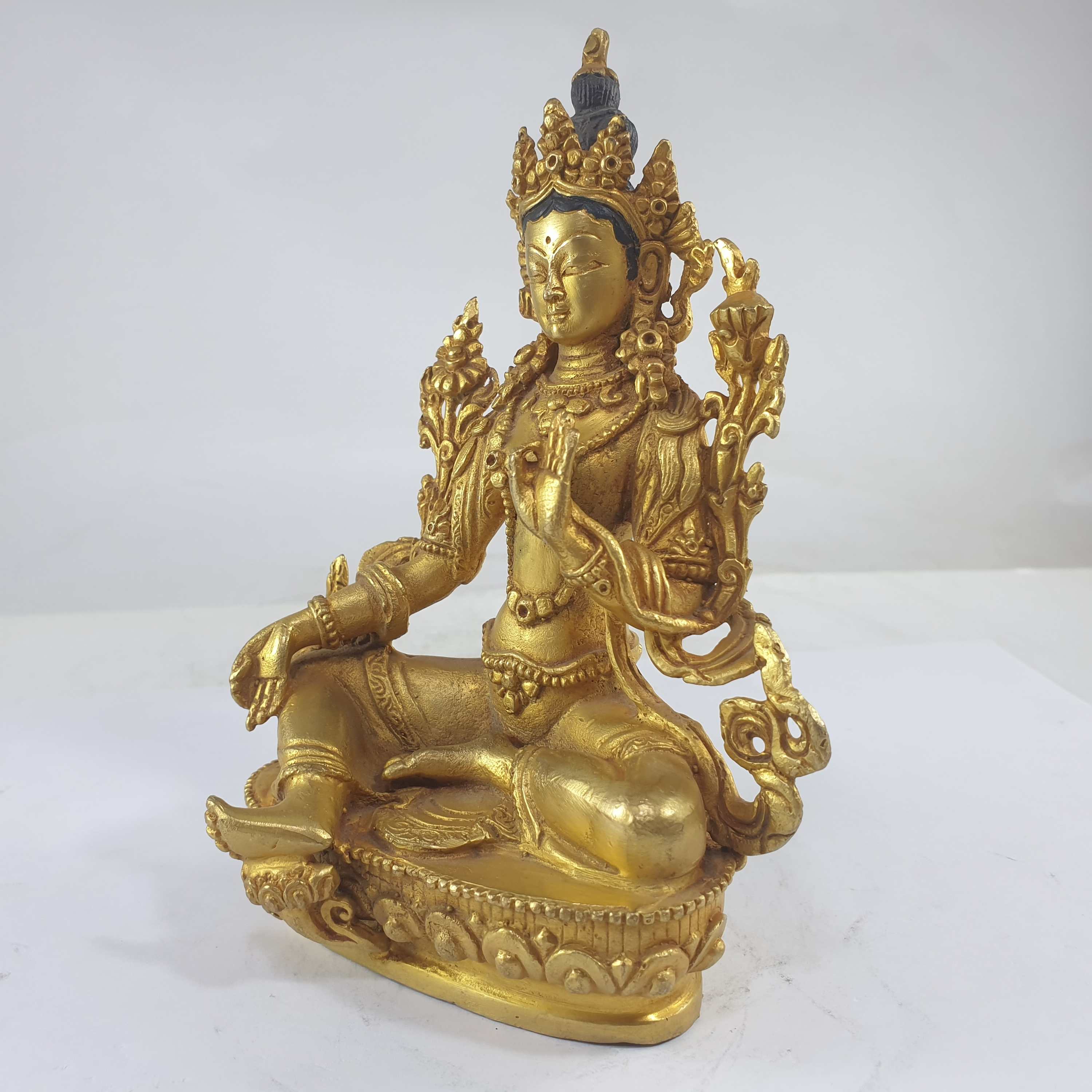 of Green Tara
of Green Tara 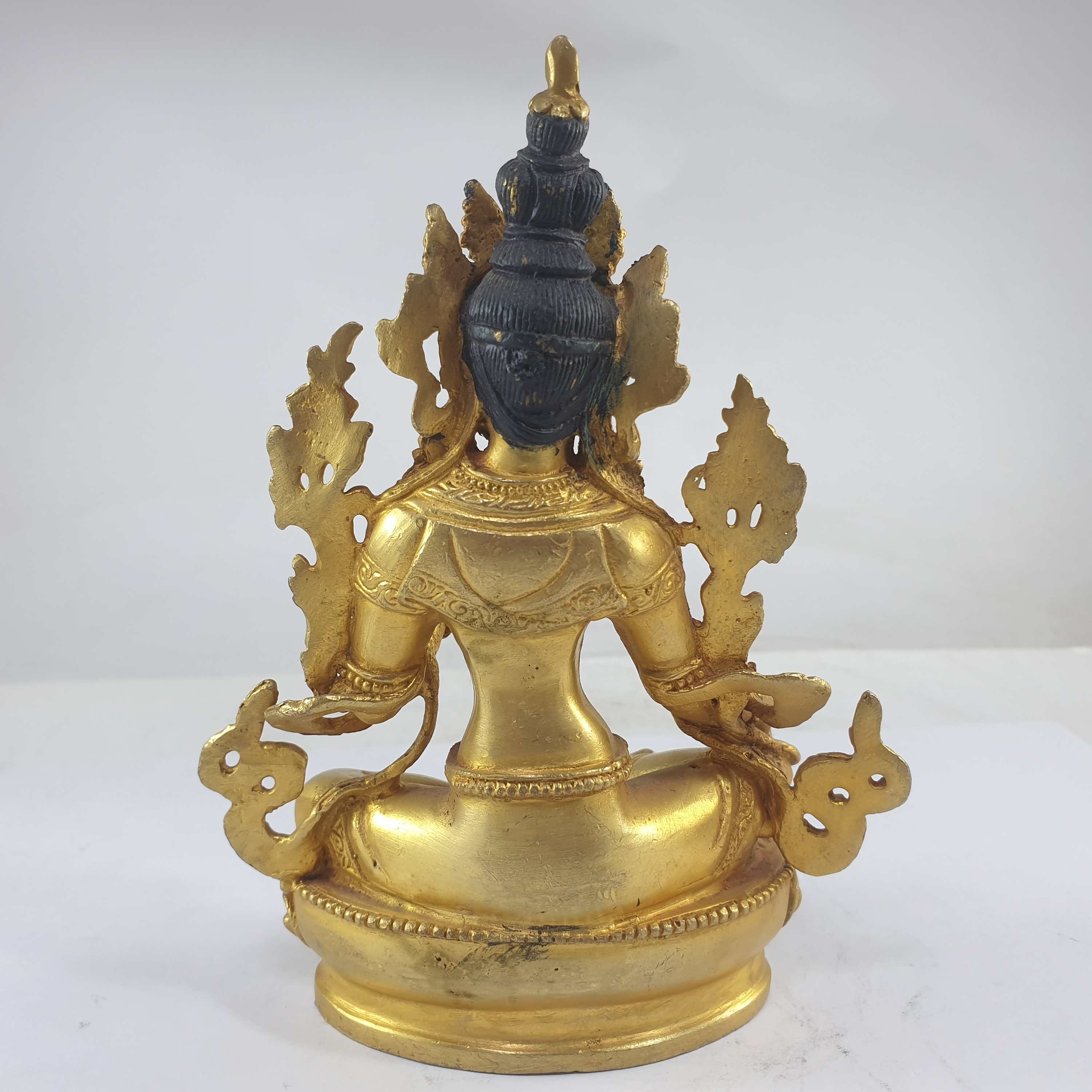 of Green Tara
of Green Tara 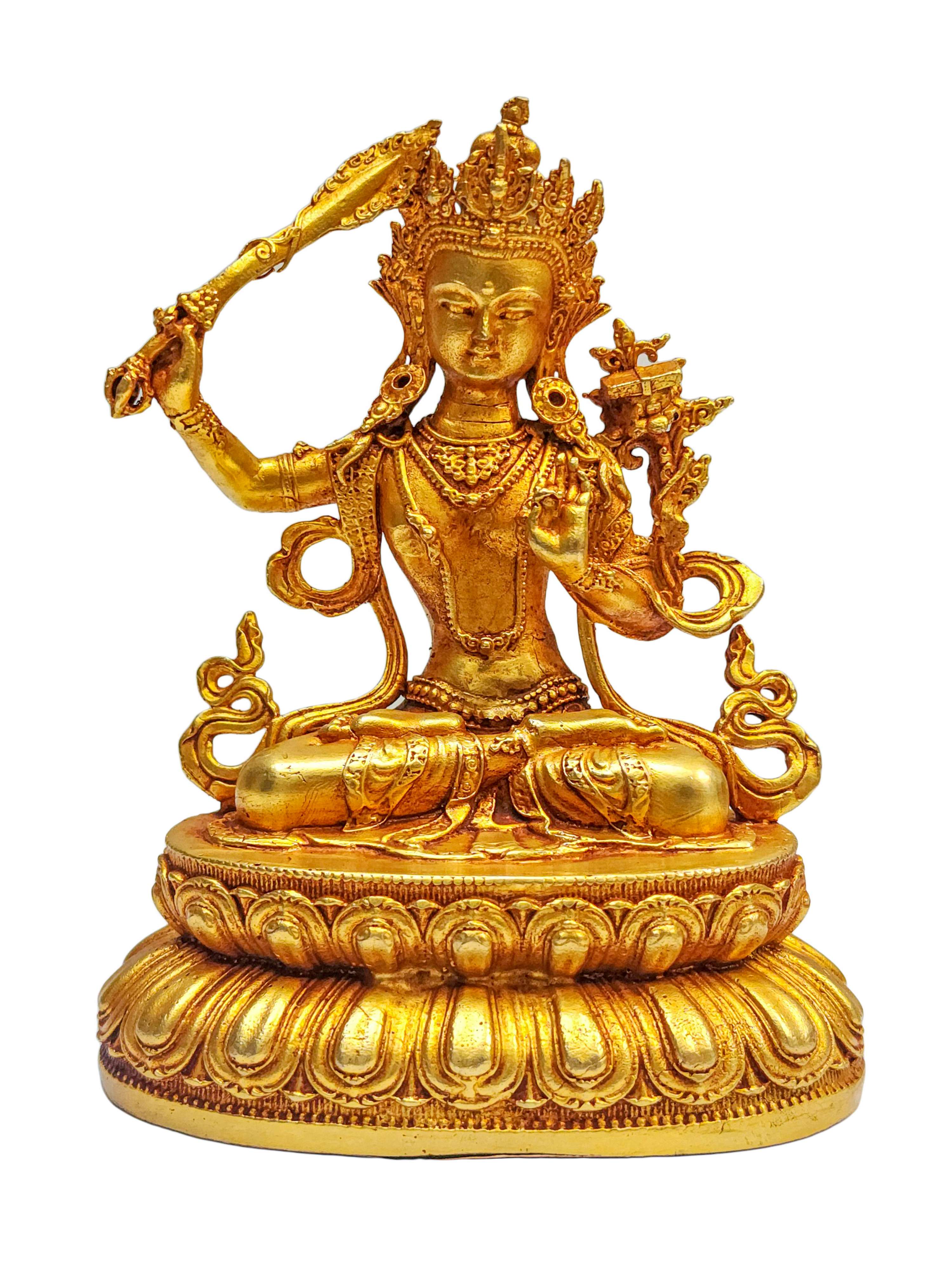 Manjushree, Buddhist Miniature Statue
Manjushree, Buddhist Miniature Statue 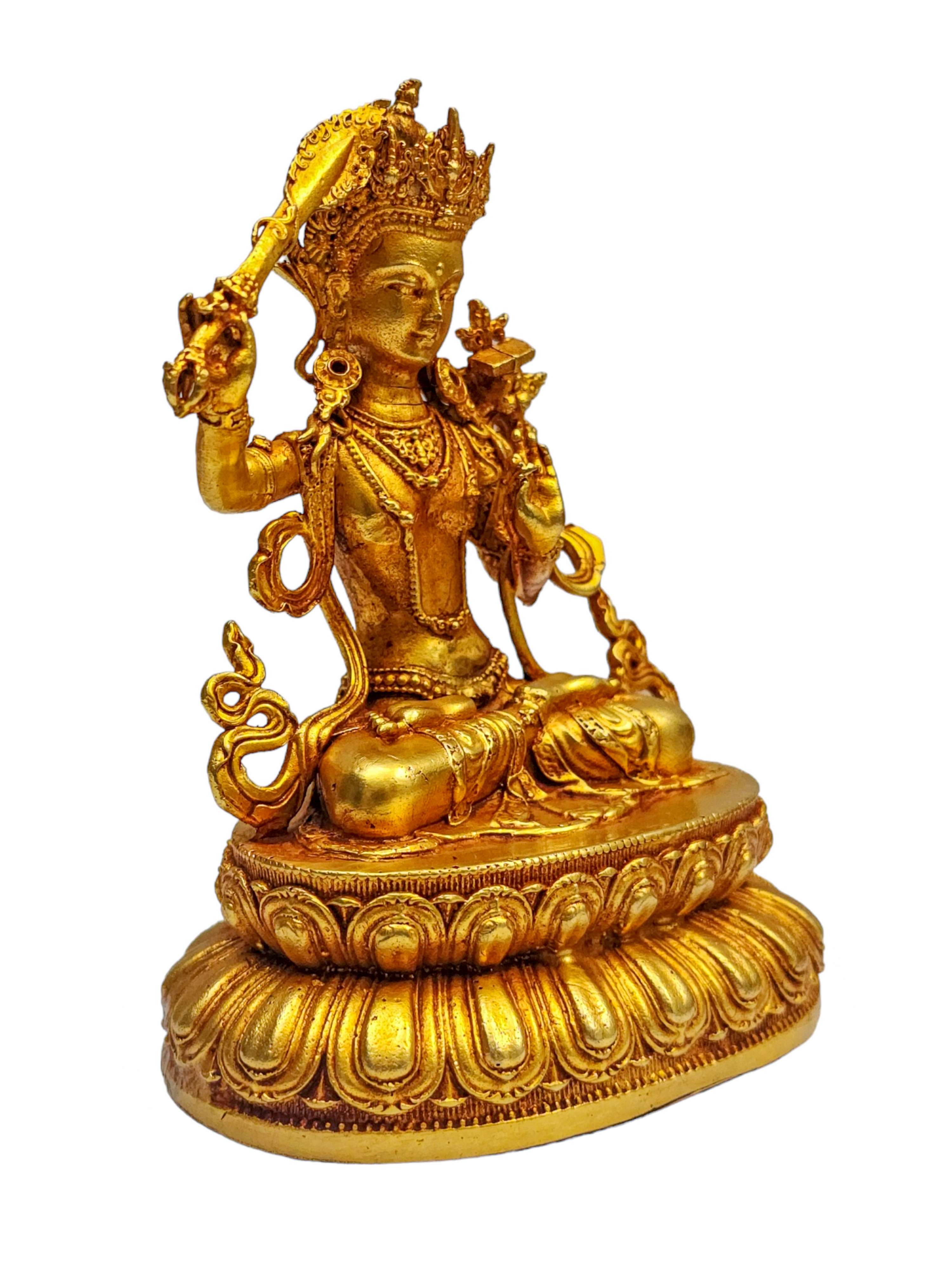 Manjushree, Buddhist Miniature Statue
Manjushree, Buddhist Miniature Statue 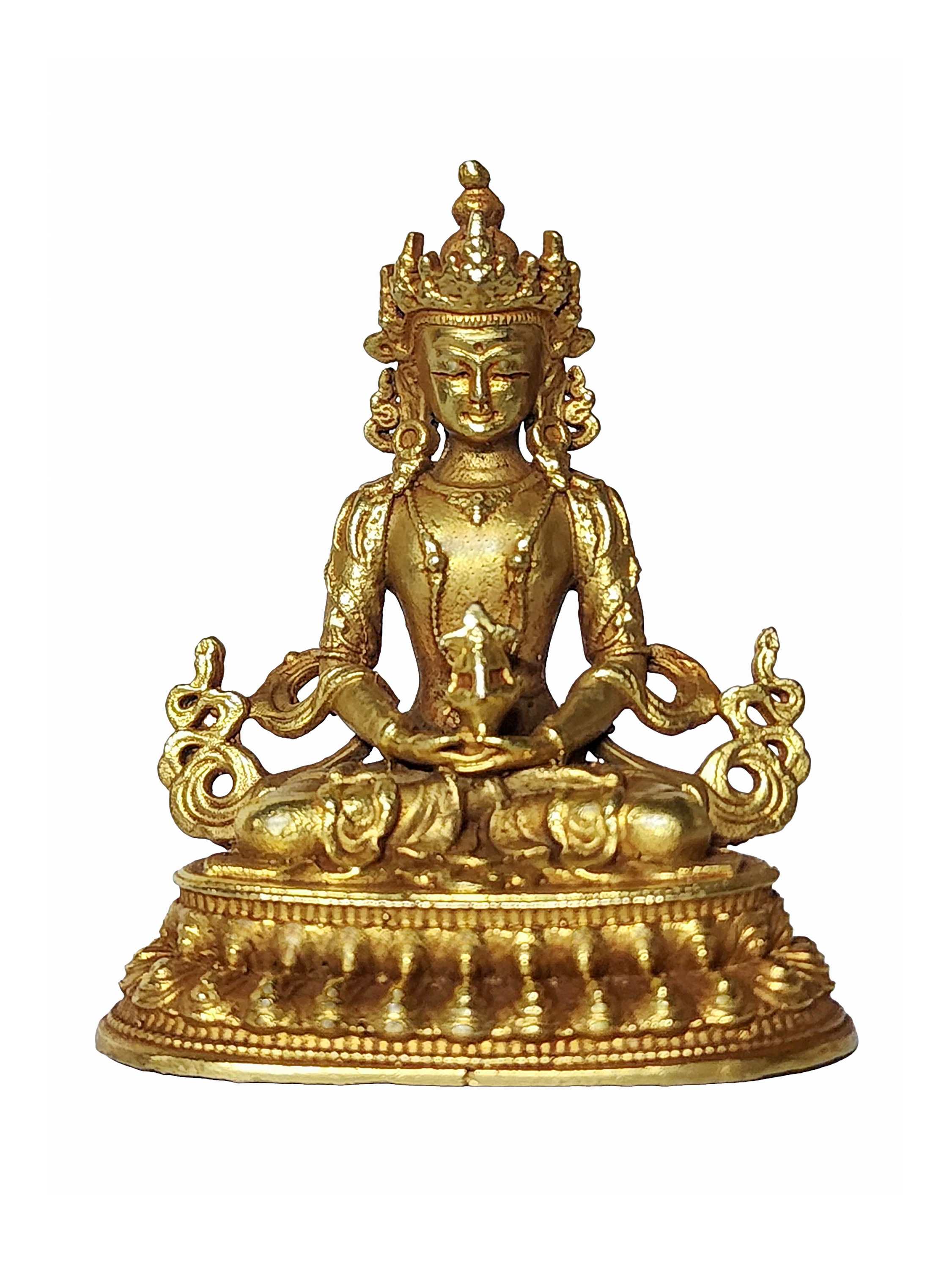 of Aparimita,
of Aparimita, 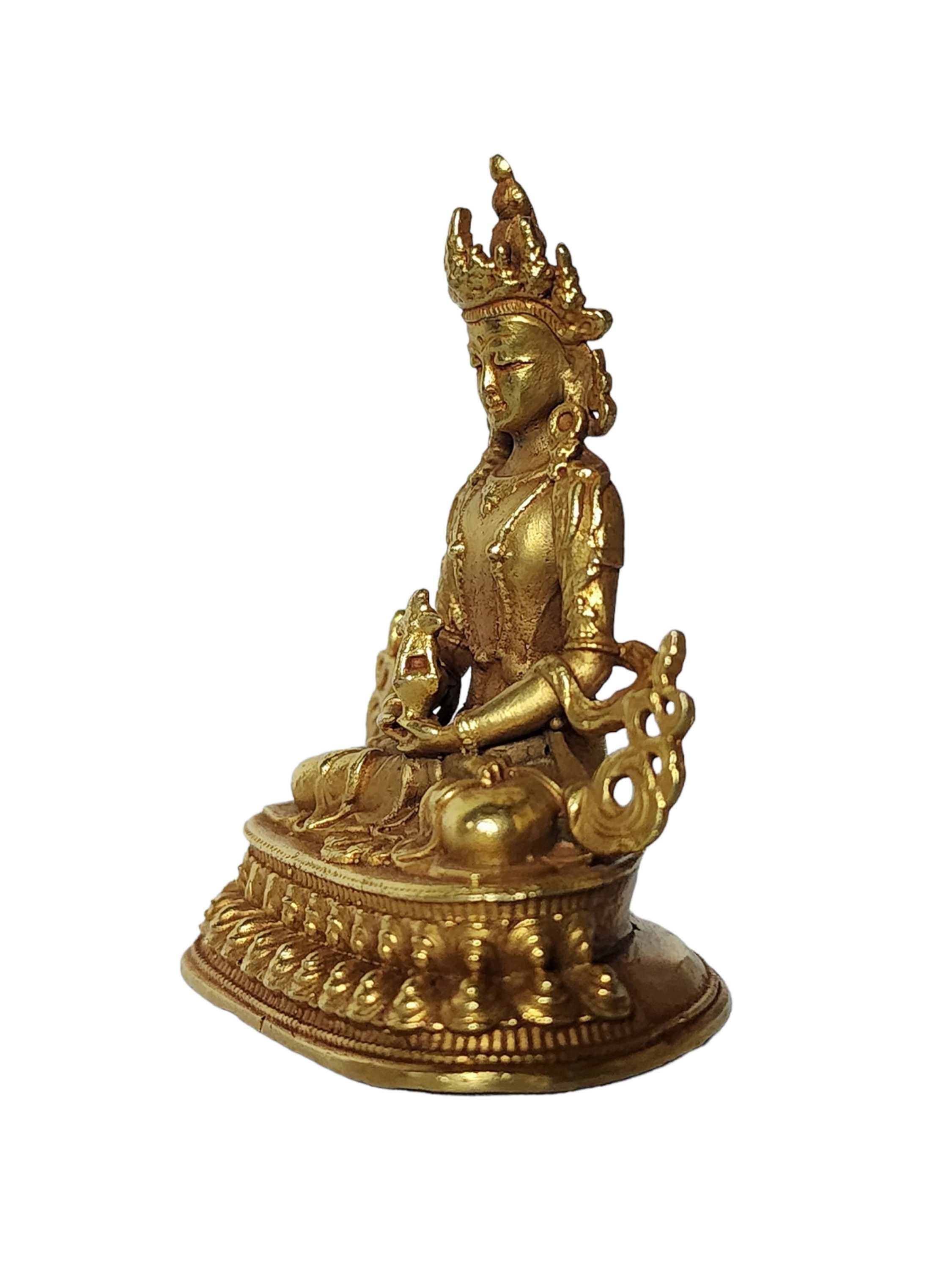 of Aparimita,
of Aparimita,  of Vajrayogini
of Vajrayogini  of Vajrayogini
of Vajrayogini 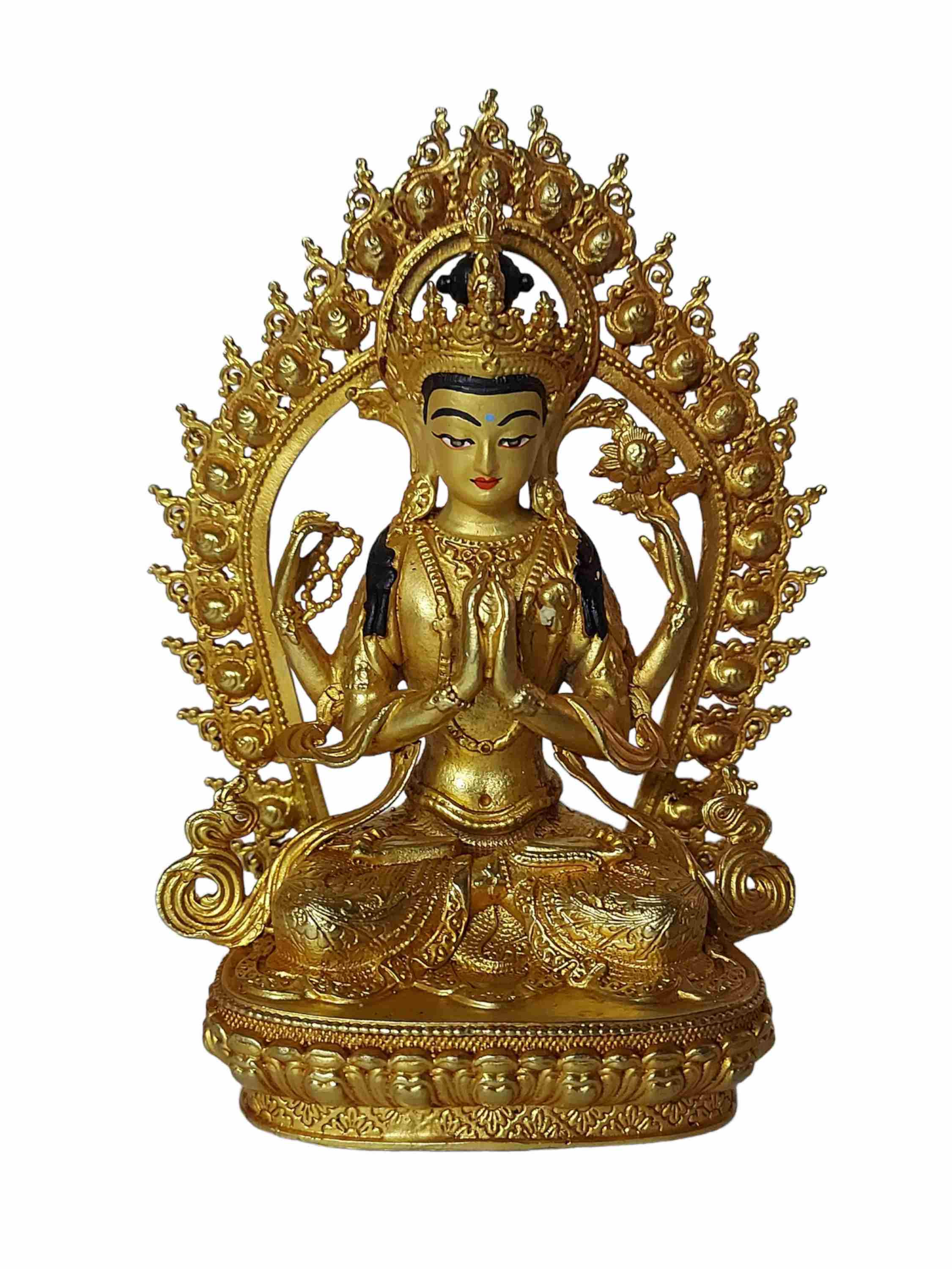 of Chenrezig, Avalokitesvara,
of Chenrezig, Avalokitesvara, 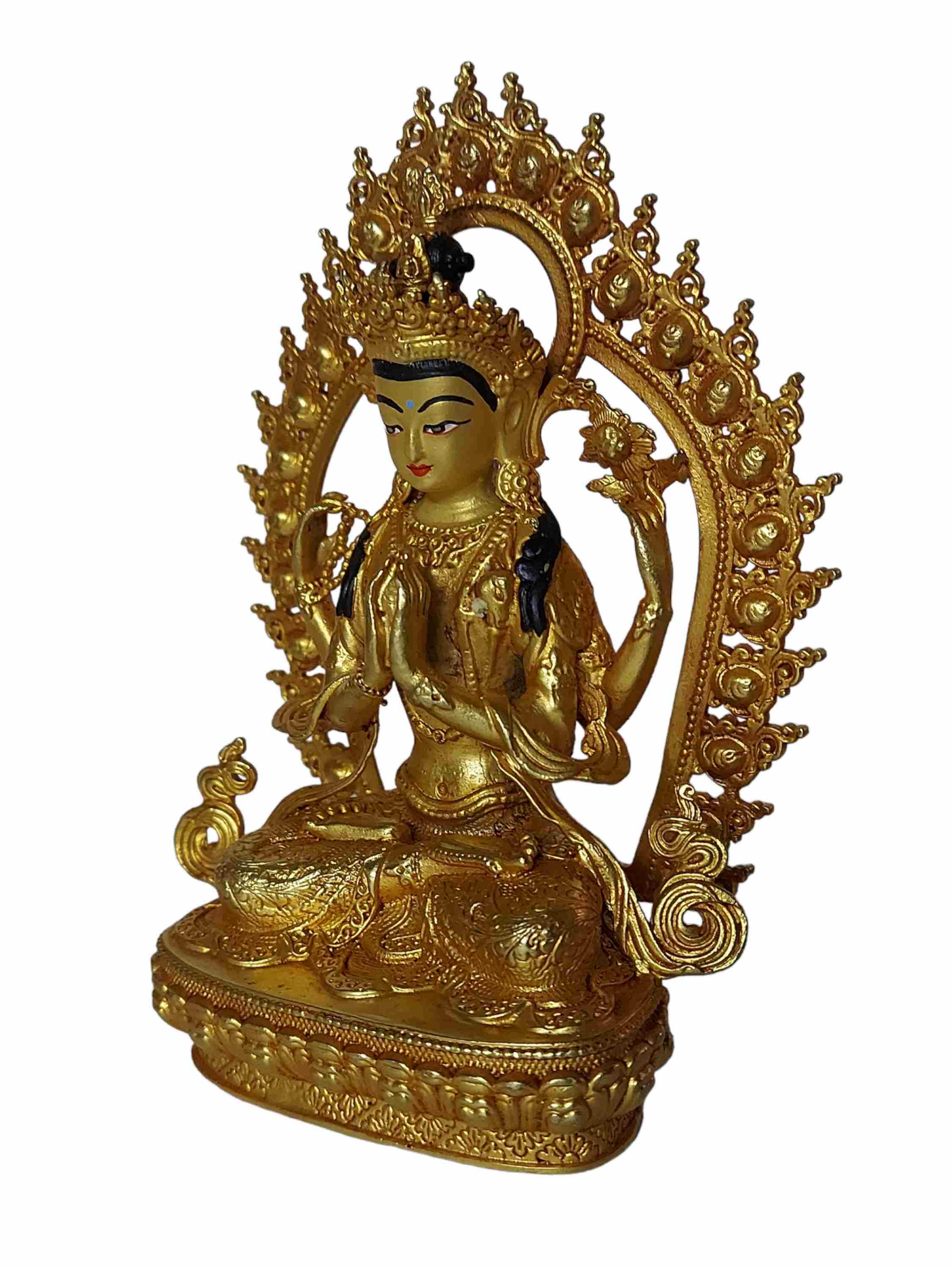 of Chenrezig, Avalokitesvara,
of Chenrezig, Avalokitesvara, 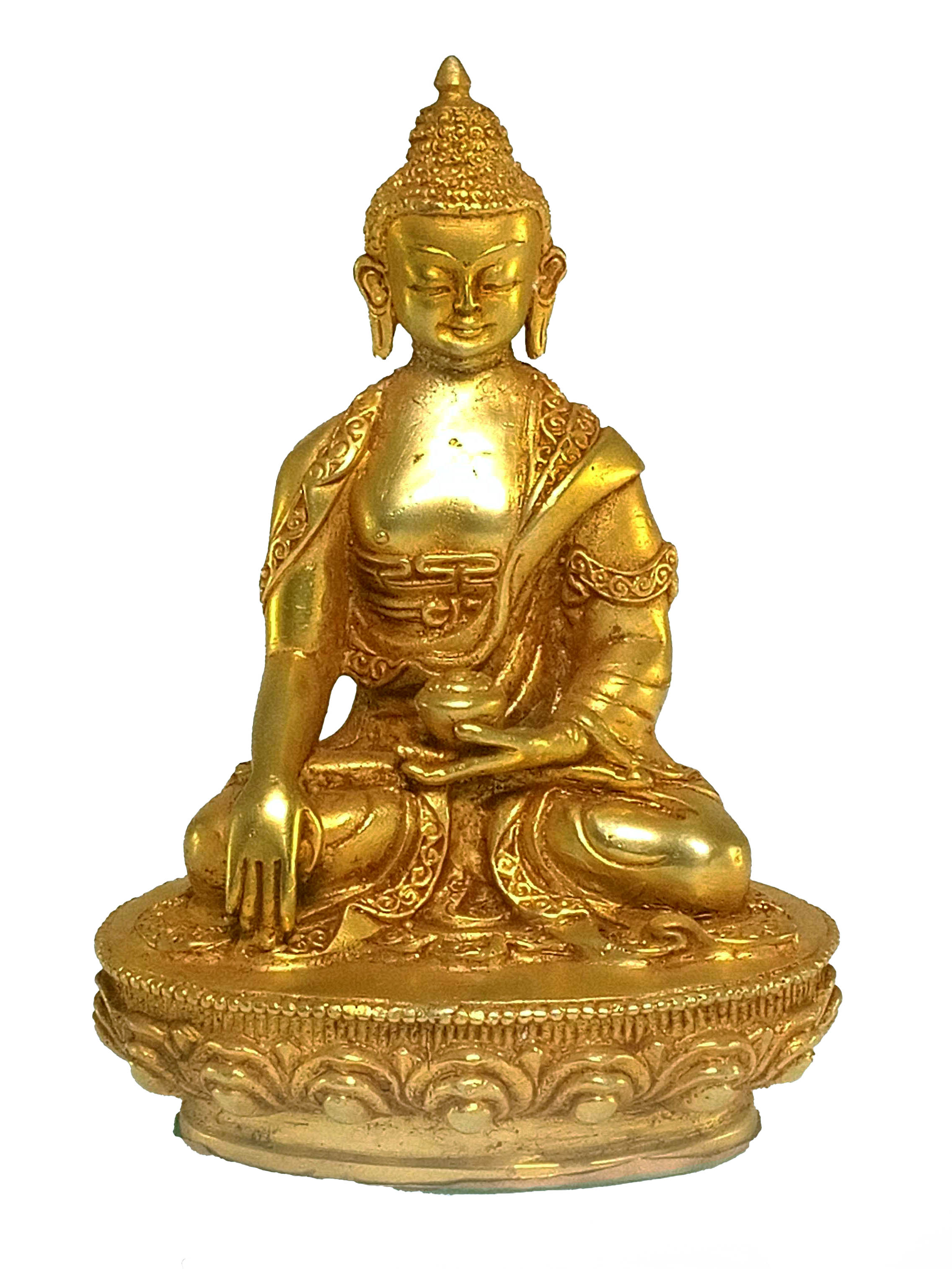 of Shakyamuni Buddha,
of Shakyamuni Buddha,  of Shakyamuni Buddha,
of Shakyamuni Buddha,